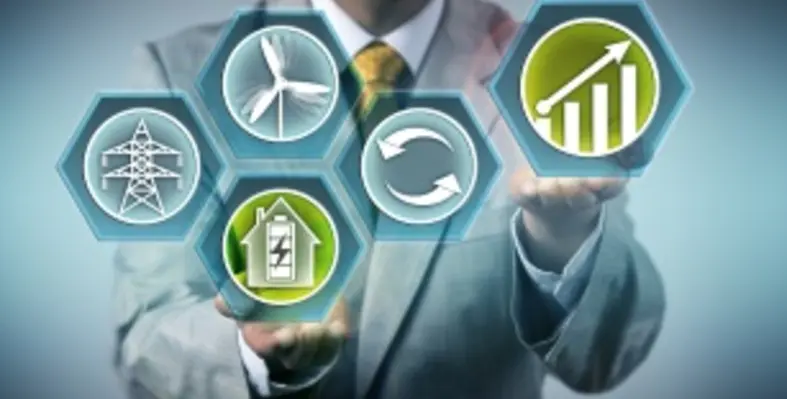New report from IEA, in collaboration with World Bank and World Economic Forum, shows concerted international efforts are needed for a sustainable and resilient economic future in developing world
Annual clean energy investment in emerging and developing economies needs to increase by more than seven times from less than US$150bn last year to about US$1tn by 2030 to put the world on track to reach net-zero emissions by 2050, according to the report, Financing Clean Energy Transitions in Emerging and Developing Economies.
Fatih Birol, executive director, IAE, said, ?In many emerging and developing economies, emissions are heading upwards while clean energy investments are faltering, creating a dangerous fault line in global efforts to reach climate and sustainable energy goals. Countries are not starting on this journey from the same place many do not have access to the funds they need to rapidly transition to a healthier and more prosperous energy future and the damaging effects of the Covid-19 crisis are lasting longer in many parts of the developing world.?
The emerging market and developing economies seeking to increase clean energy investment face a range of difficulties, which can undermine risk-adjusted returns for investors and the availability of bankable projects. Challenges involve the availability of commercial arrangements that support predictable revenues for capital-intensive investments, the creditworthiness of counterparties and the availability of enabling infrastructure, among other project-level factors.
The report calls for a focus on channelling and facilitating investment into sectors where clean technologies are market-ready, especially in the areas of renewables and energy efficiency, but also laying the groundwork for scaling up low-carbon fuels and industrial infrastructure needed to decarbonise rapidly growing and urbanising economies. It also calls for strengthening sustainable finance frameworks, addressing barriers on foreign investment, easing procedures for licensing and land acquisition, and rolling back policies that distort local energy markets.
The report underscores that clean energy investments and activities can bring substantial economic opportunities and jobs in industries that are expected to flourish in the coming decades as energy transitions accelerate worldwide. It calls for clean energy transitions to be people?centred and inclusive, including actions that build equitable and sustainable models for universal access to modern energy. Spending on more efficient appliances, electric vehicles, and energy?efficient buildings can provide further employment opportunities, and can especially support the role of women and female entrepreneurs in driving change and improved gender equality.
The IEA?s Clean Energy Transitions Programme
The IEA's Clean Energy Transitions Programme (CETP) leverages the IEA?s unique energy expertise across all fuels and technologies to accelerate global clean energy transitions, particularly in major emerging economies such as Brazil, China, India, Indonesia, Mexico and South Africa and through regional work in Africa, Latin America and Southeast Asia. CETP activities include collaborative analytical work, technical cooperation, training and capacity building and strategic dialogues. It spans areas including data and statistics, energy efficiency, electricity, policy guidance and modelling, innovation, digitalisation, and sectors like hydrogen, heavy industry, transport and buildings.









